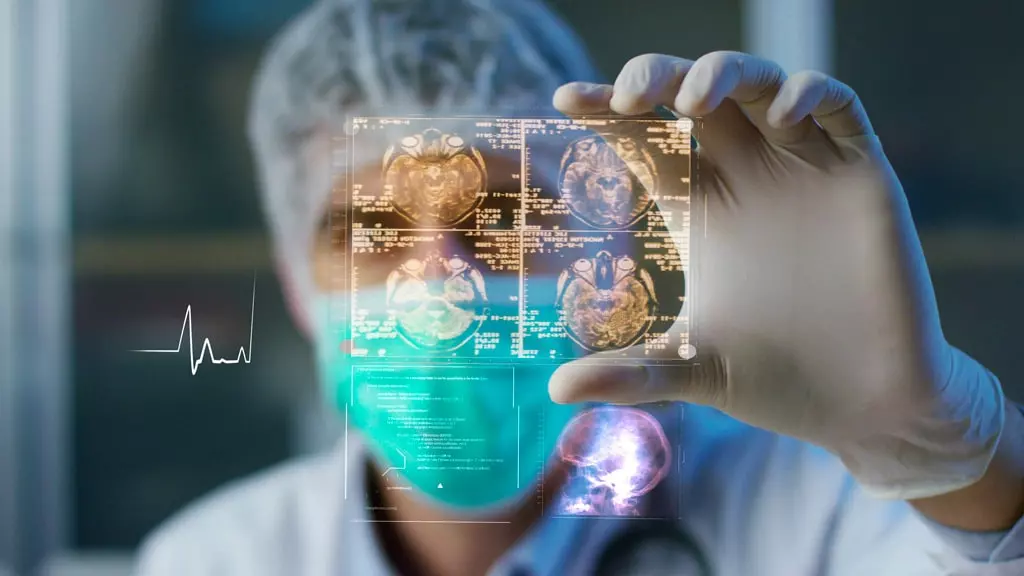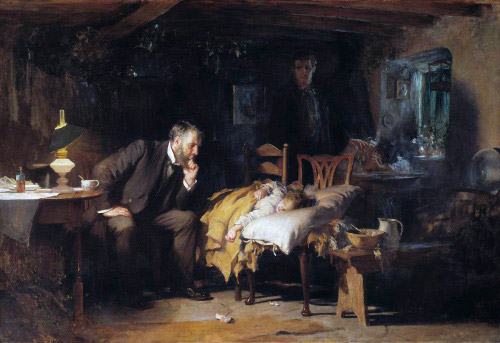The balance between technology and the human touch, the key to the future of medicine

Contents
The balance between technology and the human touch, the key to the future of medicine
While in the previous post we talked about Value Based Healthcare, a new health paradigm that will determine the future of medical care, this time we are looking at the future of medicine.
We are doing this with the help of Doctor Francisco Pozo, a leading figure in the scientific field, who will help us to understand the exciting future of medicine with the most influential tools and agents, but also the danger of not being prepared for what is to come.
The protagonists of the medicine of the future
Today, we are enjoying advances that just ten years ago would have sounded like science fiction, such as medical applications for mobile phones and tablets, augmented reality through Google Glasses, IBM’s Watson supercomputer used for medical decision-making and the 3D printing of medical devices.
Given these technologies, which are the protagonists of the medicine of the future? Dr. Pozo divides them into “Agents”, that is, the groups of people who will have the most prominence, and into “Tools” or techniques that will be used the most:
| Tools | Stakeholders |
| Clinical practice | Clinical patients |
| Biology | Biologists |
| EMRS | Mathematicians |
| Internet of things | Physicists |
| Big Data | Bioinformatics |
| Bioinformatics | Engineers |
| AI | Ethicals |
| Nanotechnology | Lawyers |
| Robotics | Social Scientists |
Technology must not lead to the disappearance of the human touch
Although these tools will offer many advantages in the health sector of the future, such as in the diagnosis and treatment of diseases, technologies that are being constantly improved, such as telemedicine, surgical robots and nanotechnology, threaten to bring about the end of human contact in the doctor-patient relationship and healthcare as we know it.
“This implies a change to traditional medicine,” says Doctor Pozo, as a result of which, “institutions, doctors, cities and everyone in general should be ready if we do not want to miss out on this opportunity.” Otherwise, Pozo says that we will waste this opportunity and the medical system will evolve into a purely technological service with no personal interaction.
“Although it seems that with so much technology we can do without it, the human touch is still very important for daily practice. Technology should not replace social care” says Doctor Pozo.
Therefore, the challenge for the medicine of the future is to find the balance between the doctor-patient relationship and the incorporation of increasingly safe technologies that are useful for medicine, in order to improve the quality of patient care.



